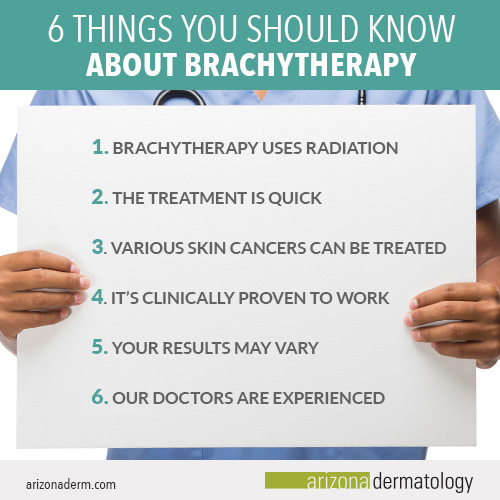Misconceptions And Truths About Acne: Debunking Common Misconceptions
Misconceptions And Truths About Acne: Debunking Common Misconceptions
Blog Article
Posted By-McConnell Powers
You may believe that enjoying delicious chocolate or oily foods is the source of your acne, but that's just among numerous myths swirling around this usual skin disease. As a matter of fact, acne largely comes from clogged hair follicles, not your last treat. Misunderstandings like these can lead you to take on ineffective skin care techniques that may also worsen your scenario. As you browse the facts behind acne, you'll discover insights that could change your strategy to skincare and aid you accomplish clearer skin. So, what actually lies underneath the surface area?
Common Myths Concerning Acne
When it involves acne, many people count on common myths that can cause confusion and frustration. One prevalent misconception is that eating delicious chocolate or oily foods creates acne. While diet plan can influence skin health and wellness, the direct link between details foods and acne isn't as well-defined as numerous believe.
An additional usual misconception is that you need to scrub your face vigorously to improve breakouts. In reality, aggressive scrubbing can irritate your skin and get worse acne.
You may also believe that acne just affects young adults, but grownups can experience it as well, often due to hormone adjustments or tension. Some people believe that sun tanning can clear acne, however sun exposure can actually cause skin damages and intensify outbreaks in the future.
Last but not least, many believe that making use of harsh products will certainly get rid of acne swiftly. However, these items can strip your skin of its natural oils, leading to boosted inflammation and even more outbreaks.
Scientific Details Behind Acne
Recognizing the clinical truths behind acne can equip you to tackle this common skin condition more effectively.
Acne takes place when hair roots become blocked with oil, dead skin cells, and microorganisms. This procedure commonly starts with an overflow of sebum, the oil your skin normally produces. Hormone changes, specifically during the age of puberty or menstrual cycle, can cause this excess oil.
https://josuebozjz.ourcodeblog.com/32368223/join-the-trip-to-clearer-skin-with-reliable-acne-treatments-that-absolutely-make-a-difference referred to as Propionibacterium acnes flourish in these blocked pores, causing inflammation. When your immune system responds, it can trigger redness and swelling, causing those bothersome pimples or cysts.
Genes also contribute; if your moms and dads had acne, you could be a lot more susceptible to it.
Diet regimen and anxiety degrees can affect acne too, however research study is still advancing in these locations. While indulging in oily foods won't straight cause outbreaks, a balanced diet can support your skin wellness.
Also, managing stress can decrease hormone fluctuations that might get worse acne.
Tips for Handling Acne
Managing acne effectively needs a combination of everyday skincare habits and lifestyle modifications. Start by establishing a constant skin care routine. Clean your face twice a day with a gentle, non-comedogenic cleanser to remove dust and excess oil. Stay clear of rubbing as well hard, as this can irritate your skin and worsen acne.
Next off, integrate products containing salicylic acid or benzoyl peroxide to assist prevent breakouts. Constantly follow up with a lightweight, oil-free moisturizer to maintain your skin hydrated. Do not fail to remember sunscreen; choose non-comedogenic options to secure your skin from UV damages without obstructing pores.
Beyond skin care, pay attention to your diet. Limitation sugary and greasy foods, and concentrate on fruits, vegetables, and entire grains. Staying hydrated is critical, so beverage lots of water throughout the day.
Additionally, handle tension through tasks like yoga exercise, reflection, or workout, as stress and anxiety can cause outbreaks.
Last but not least, prevent picking or standing out pimples. This can cause scarring and further swelling. If your acne lingers, consult a dermatologist for tailored therapy options.
Conclusion
Finally, it's important to separate truth from fiction when it concerns acne. By exposing typical myths, you can better recognize your skin and make educated options for your skin care regimen. So, why continue to rely on outdated concepts when the truth can encourage you? Embrace https://www.medicalnewstoday.com/articles/323920 , focus on mild cleansing, and bear in mind that managing acne is a journey. With the right understanding, you're one step more detailed to more clear, much healthier skin.
